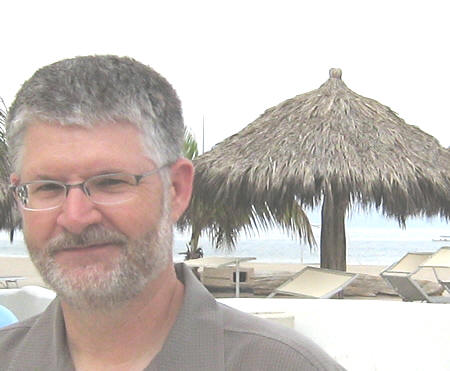

Additionally, it is aimed for attendees to collaborate, network, build new relationships, and generate new ideas and processes for the AEC community.įind out more at the AECtech 2021 Event Page! AEC Tech’s Hackathon is an event for all levels of programmers, developers, engineers, and others. Starting on Saturday morning and ending on Sunday afternoon. November 6 9:00 am-November 7 2:00 pm | Virtual & Limited in PersonĬreate something incredible with a team of your peers during the 26-hour hackathon.
#Robert mcneel rhino 5 series
Join us for a series of presentations, discussions, and round table panels reflecting on the state of practice today and what is on the horizon. November 5 | 8:00 am-4:40 pm | Virtual & Limited in Personīe inspired by highly-acclaimed leaders in design and technology within the AEC industry.
#Robert mcneel rhino 5 full
Immerse yourself in a full day of Masterclasses hosted by design innovators and software pioneers developed to introduce participants to a wide range of powerful new workflows that enable new ways of working and enhance existing design processes. November 4 | 9:30 am-5:00 pm | Virtual Only Limited in-person attendance for the Symposium and Hackathon in NYC is also available. Thornton Tomasetti CORE Studio presents the 9th Annual 2021 AECtech | Symposium & Hackathon in person in NYC and virtually to the world. He is the Chief Technology Officer and Co-founder at Procedural. Speaker: Christian Kongsgaard is an architectural engineer focused on computational environmental design and streamlining building performance simulations. The project is situated at the harbour front in Aarhus, Denmark. We will take the viewers through a Grasshopper canvas that sets up the case and computes the urban comfort around a project from the Architecture Studio 3XN. We will use Compute to run the CFD and MRT simulations and combine the results of the simulations in the UTCI calculation. In this webinar we will guide you through setup of an urban comfort simulation with UTCI. Both simulations are quite computational heavy, especially if done one an annual basis. While air temperature and relative humidity can be obtained from a weather file, both wind speed and mean radiant temperature have to be simulated. The comfort metrics is usually expressed as “experienced temperature” and depends on a number of environmental factors, such as wind speed, mean radiant temperature, air temperature and relative humidity. Urban comfort metrics such as Universal Thermal Climate Index (UTCI) are often used to assess the quality of an outdoor space. Compute is developed to seamlessly integrate with Grasshopper to keep the simulation workflow as efficient as possible. The system is tailored for handling multiphysics simulation jobs used in the AEC industry. Procedural Compute is a cloud platform for utilization of computational resources.

Food4Rhino webinar: Procedural Compute (part 4) "Urban Comfort Simulation in the Cloud"


 0 kommentar(er)
0 kommentar(er)
